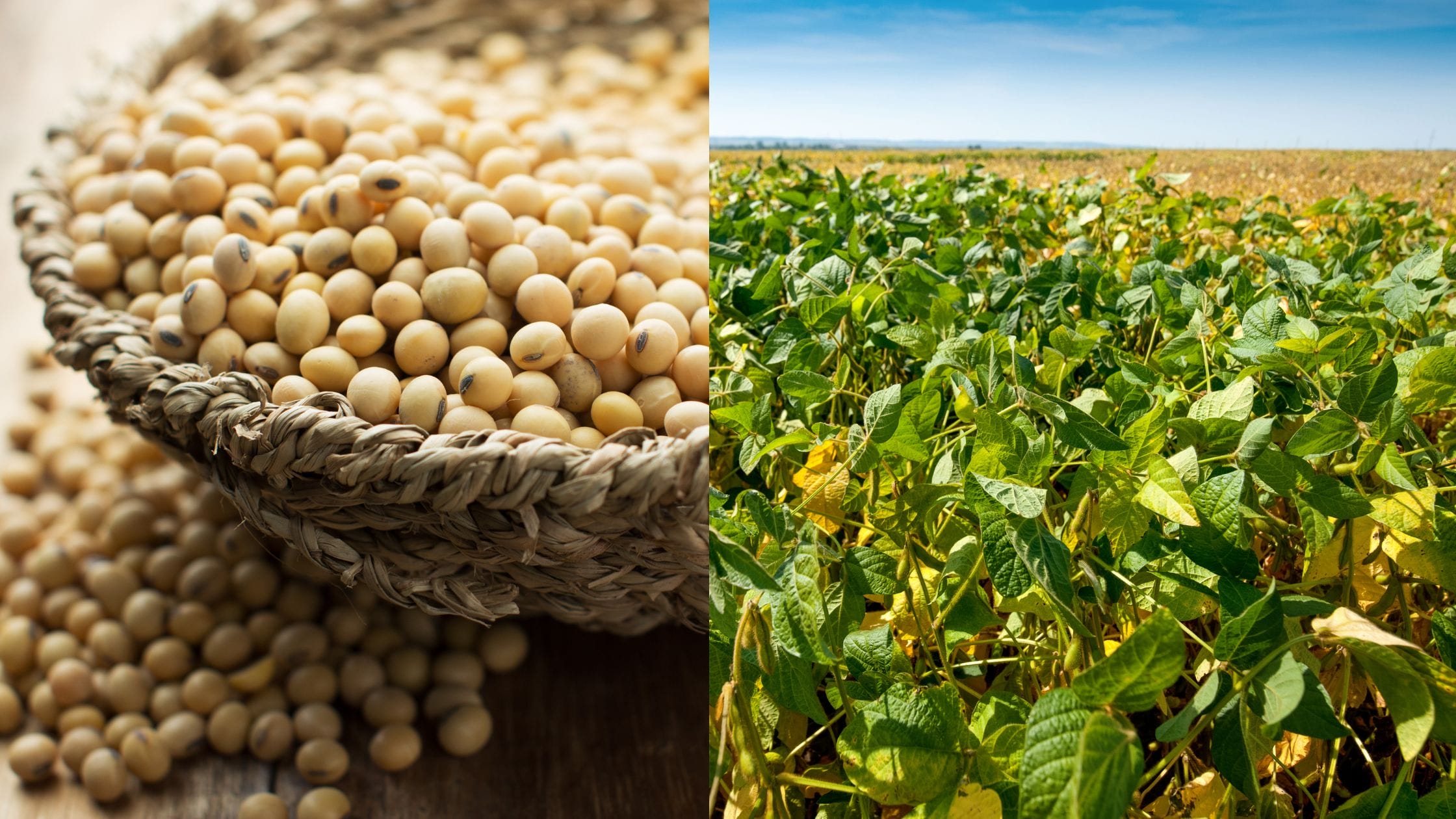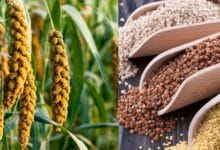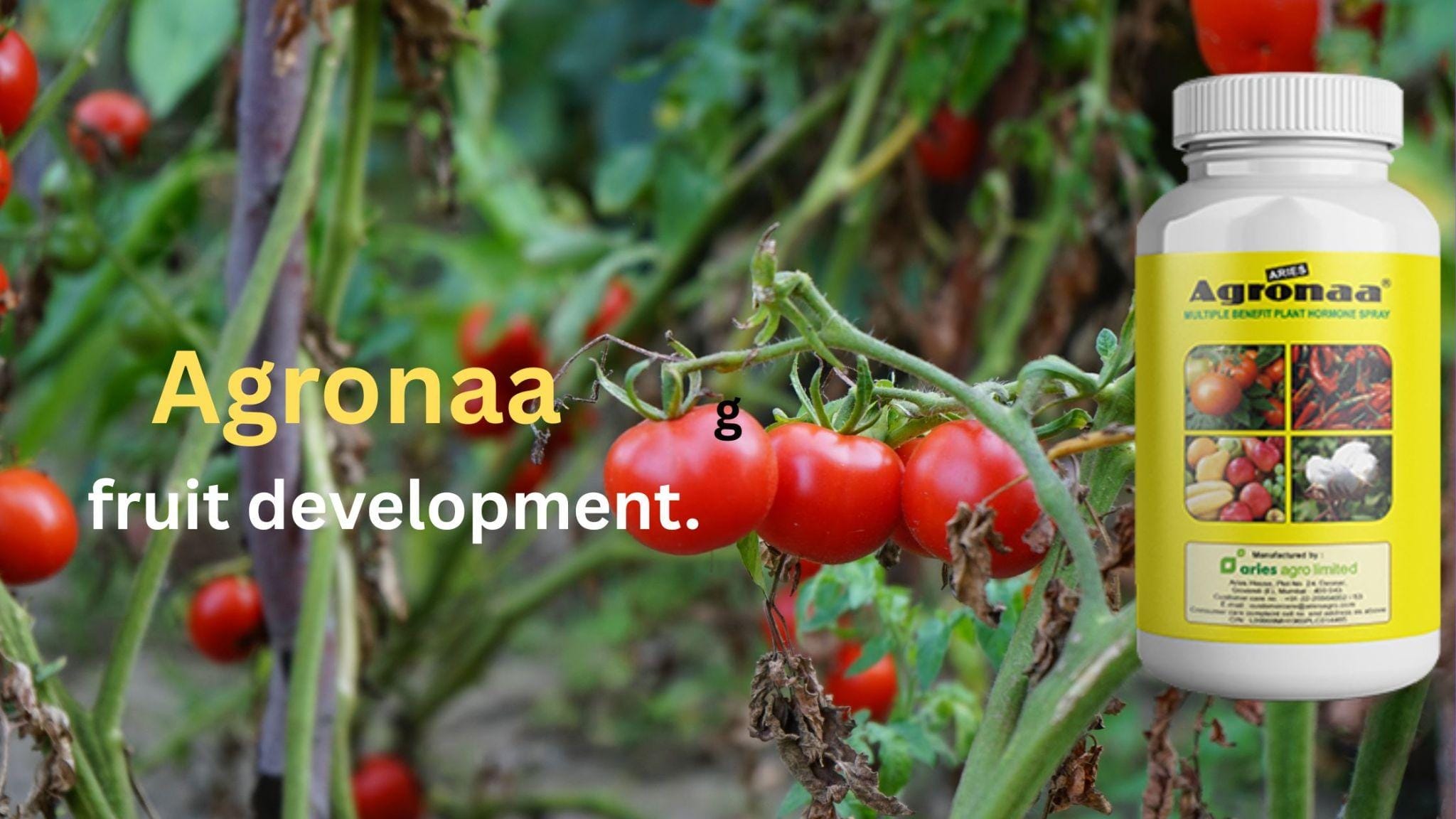SOPA Urges Hike in Edible Oil Import Duty to Support Farmers Amid Falling Soybean Cultivation

SOPA Urges Hike in Edible Oil Import Duty to Support Farmers Amid Falling Soybean Cultivation
The Soybean Processors’ Association of India (SOPA) has urged the government to increase import duties on edible oils by at least 10%, citing the need to safeguard domestic farmers from persistently low prices that have discouraged soybean cultivation. This year, the area under soybeans has declined by over 5%, as farmers face poor price realisation.
Soybean prices have remained below the Minimum Support Price (MSP) throughout the current marketing year, prompting government procurement efforts. Despite these interventions, SOPA noted that stocks were eventually sold at a loss, and warned that further procurement—potentially costing over ₹5,000 crore—may be necessary given the current crop outlook.
In May, the government reduced the import duty on crude edible oils, including crude soybean oil, from 20% to 10% to boost domestic refining and curb food inflation. However, the duty on refined oils remained unchanged at 35.75%.
SOPA emphasised that edible oils are not currently contributing to inflation, and soybean oil prices remain low. The association emphasised the importance of striking a balance between consumer interests and fair returns for farmers, thereby encouraging domestic oilseed production and reducing import dependence.
“The long-standing policy of allowing low or zero-duty imports has severely impacted India’s oilseed economy,” SOPA stated. “It is now critical to correct this imbalance by adopting a policy that ensures both consumer protection and farmer viability. Raising import duties is a key step.”
In a formal representation to Agriculture Minister Shivraj Singh Chouhan, SOPA Chairman Davish Jain highlighted that cheaper imports and depressed prices have led many farmers to scale back or abandon oilseed cultivation.
“We sincerely urge your intervention to revise the customs duty structure and raise import duties by at least 10% at the earliest,” Jain said. “This will help restore farmer confidence, boost oilseed production, and advance India’s goal of self-sufficiency.








